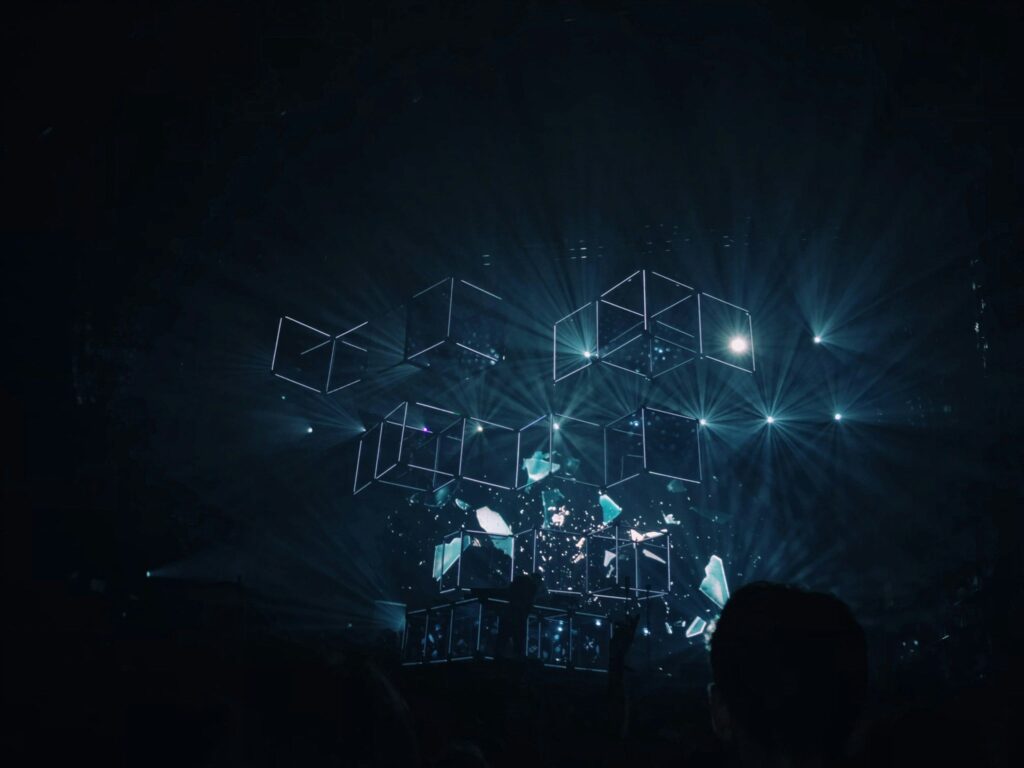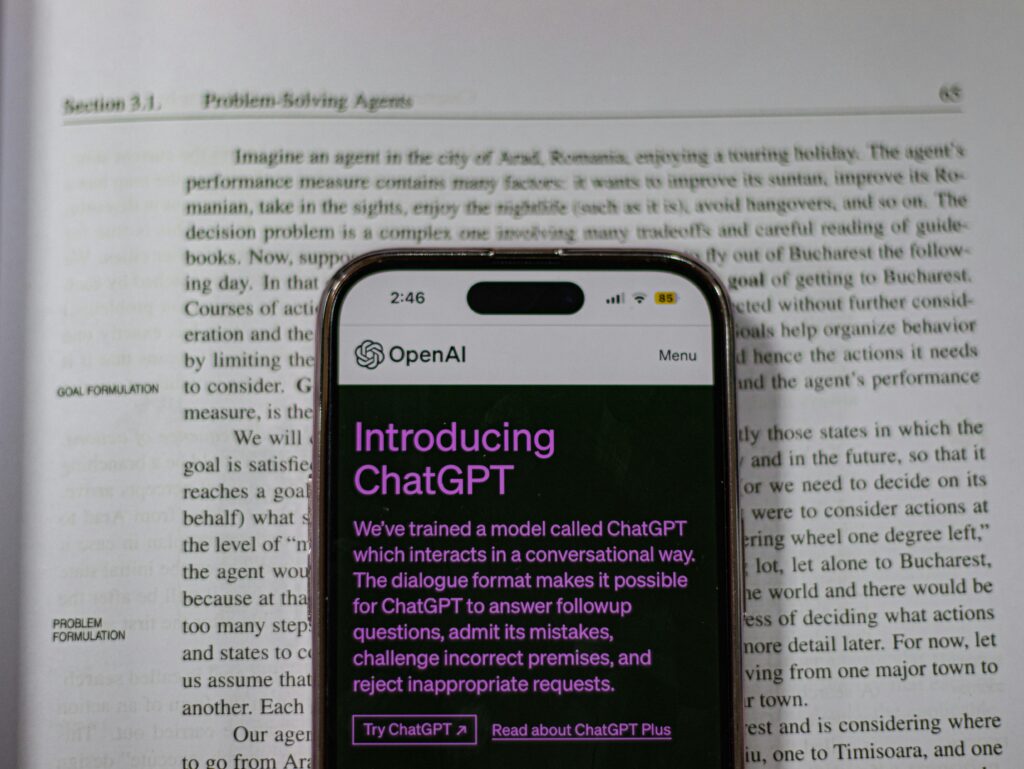Introduction
In the bustling world of business, a question that often buzzes in the heads of enterprise owners is this: “AI or Traditional Outbound Marketing – which will drive my business forward?” In an age where technology advances at gigabit speed, deciding on a marketing strategy that aligns with scaling ambitions can be a daunting task. But don’t panic! Let’s cut through the confusion with a captivating comparison that blends AI with human sensibility.
According to a Statista report in 2021, the global AI market is projected to grow to nearly £465 billion by 2025. This mind-boggling figure hints at AI’s allure for potential market transformation. Yet, traditional outbound marketing, with its robust history and steadfast techniques, isn’t ready to pack up and leave just yet. So, which option will really help business owners chasing scalability edge out the competition? Keep reading as we explore the ins and outs of AI and traditional outbound marketing, complete with actionable insights for informed decision-making.
The Problem: A Marketing Paradox
The conundrum between AI and traditional outbound marketing, for many business owners, stems from the pressure to constantly evolve while ensuring a steadfast connection with their current audience. In a world where customer choice is abundant, strategic innovation is non-negotiable. Yet, 60% of small business owners express confusion when forced to choose between cutting-edge technology and time-honoured marketing tactics, according to a 2023 Clutch survey.
- Cost Considerations: It’s often assumed that leveraging AI requires hefty investment, just as traditional methods seem deceptively budget-friendly in comparison. However, the real cost oftentimes lies in the opportunity missed due to inefficiencies or ill-fit strategies.
- Scalability Concerns: Businesses are anxious about whether AI can personalise engagements at scale or if traditional marketing offers a more relatable approach, especially in understanding audience sentiment.
- Measurable ROI: Quantifying results can be tricky. How does one measure the intangible yet invaluable impact of a compelling AI-generated campaign versus word-of-mouth momentum sparked by traditional tactics?
The Solution: Unpacking AI Potential
AI, with its sophisticated algorithms and rich data capabilities, is an engine driving a new era of marketing. When strategically implemented, it doesn’t replace traditional methods but rather enhances them, offering a symbiotic solution.
1. Data-Driven Decisions
AI empowers businesses with the ability to analyse data at an unprecedented scale and depth. Forbes highlights that AI’s data-processing prowess provides insights into customer behaviours, patterns, and preferences—insights previously earmarked for only the most tedious, manual efforts. This allows for more informed decisions, precise targeting, and personalised campaigns at a speed that traditional methods cannot match.
2. Automation and Efficiency
One of AI’s most significant contributions is its ability to automate repetitive tasks, freeing up precious hours for creative innovation. From automating social media posts to handling dynamic content generation and customer segmentation, AI boosts productivity while reducing human error.
3. Enhanced Personalisation
Personalisation is more than inserting a customer’s first name into an email. AI enables real-time personalisation at scale, crafting experiences that resonate on an individual level, a Gartner report notes. This means creating strategies that are not just reactive, but predictive.
Benefits of Embracing AI in Marketing
Case Studies and Expert Opinions: Consider the real-world influence of AI on brands like Netflix and Amazon. Their ability to churn data into hyper-relevant content recommendations has set consumer satisfaction benchmarks. The results? A global audience that is deeply engaged while continuously expanding.
Streamlined Operations: Think about the time saved as AI takes over routine processes. 73% of businesses acknowledge how AI has cut back on administrative tasks, allowing focus to shift towards strategic planning, according to Business Insider.
Optimised Campaigns: AI’s analytics let you alter your campaign mid-flight based on audience interaction, a feat that toughens the armour against traditional “set-and-forget” marketing techniques.
Conclusion
AI vs. Traditional Outbound Marketing doesn’t have to be a choice. They can be partners in crafting a compelling business strategy. AI augments traditional methods’ ingenuity, making connection and engagement both measurable and efficient. Investing in the right AI tools can propel business growth by leveraging data and automation, while traditional methods maintain their place in cultivating trust and brand authenticity.
As you chart a path towards scaling your business, consider the fusion of AI with existing practices. Start small; explore AI’s capabilities in your CRM or minor campaigns. It’s time to innovate, automate, and elevate your marketing strategy to meet the expectations of a dynamic market with AI’s intelligence fusing seamlessly with human creativity. The future of marketing waits for no one, so why not seize the moment?



